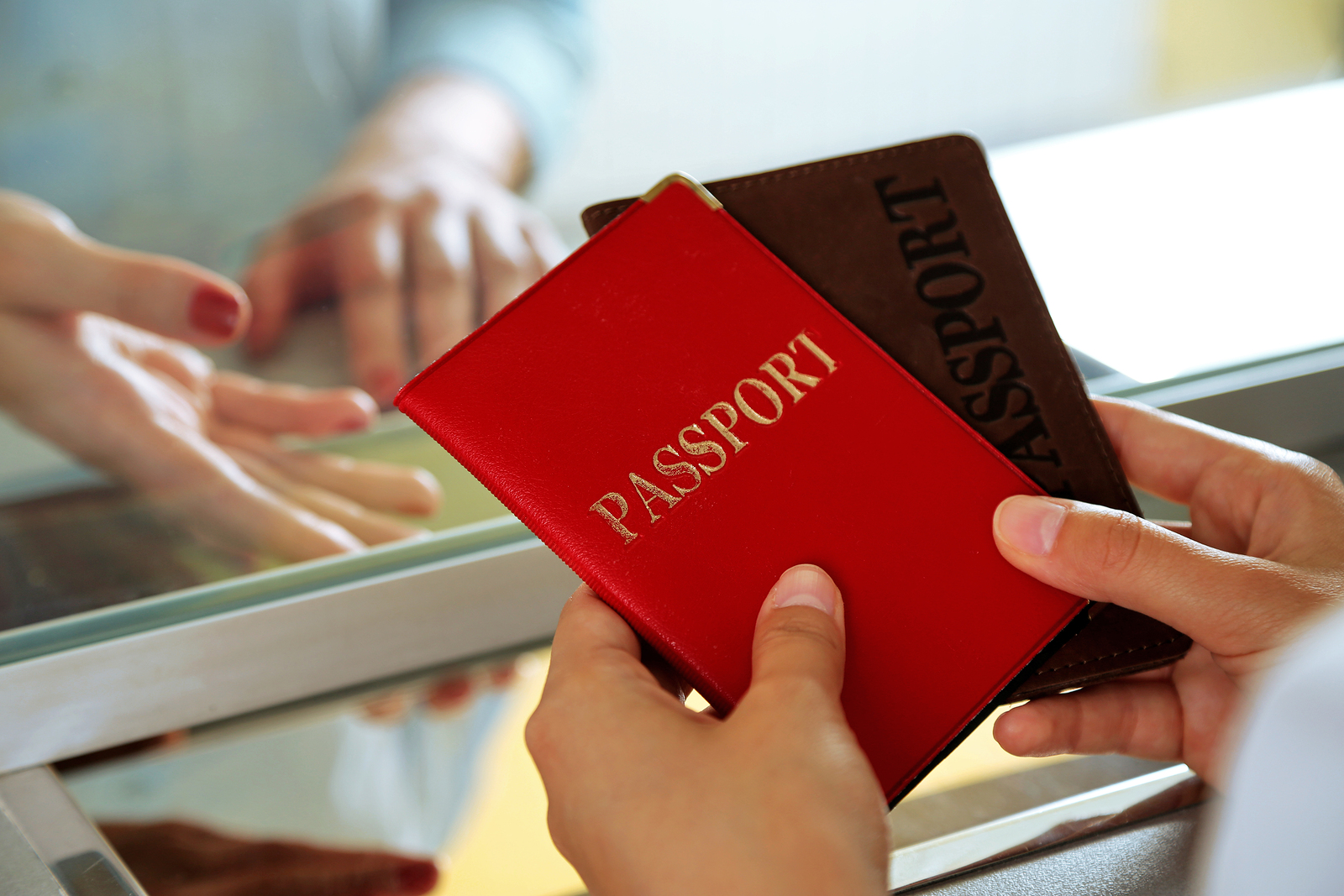Planning is pivotal to successfully navigating many of life’s experiences and particularly important when traveling with a visual impairment. A bit of minor organizing will alleviate worries about getting around airports, terminals, and hotels.
The summer of 2022 brings with it the possibility of changing travel guidelines that must be considered. Regulations for travel are eased, but still continue to fluctuate. Are vaccinations and negative COVID tests required? Travelers should be aware of local advice and requirements before arriving. Check here for CDC guidance on Domestic and International Travel.
Asking for Assistance
Learning to ask for assistance is a very good skill to develop when living with vision loss, so go ahead and embrace this opportunity to practice. Don’t be too self-conscious, you’re not asking for anything extraordinary, just requesting information, most likely directional in nature.
Seeking help while moving through an airport or train terminal, isn’t at all unusual. It may not be obvious to others that you are not able to see a sign or location they are pointing to, in which case it is appropriate to say so and ask for a more detailed description.
Arrange for Meet and Assist
Greatly reduce the stress of navigating a busy travel hub by asking for assistance at the time of booking. Your need for accommodation will be registered in the system and may also be indicated on the ticket or boarding pass.
Meet and Assist are airport accommodations that provide a sighted trained escort who is able to accelerate the journey through security and to the gate. They will show you the location of the restroom and snack bar before alerting the gate staff of your arrival. For ease of transport, a wheelchair may be offered, which you can accept or decline.
Assistance can be arranged from arrival through destination, including connecting flights, depending on your needs.

Priority Boarding
At the gate, help is available for boarding and locating your assigned seat. It’s always a good idea to take advantage of priority boarding and get settled before the plane fills up. Early boarding and assistance are also available at railway terminals.
Luggage Identification
We recommend traveling light and with carrying-on luggage instead of checking. These days, it’s the smarter and more economical choice for all travelers. It’s always best to carry a bag you can easily identify. If the bag is basic black, mark it with a bright ribbon or unique luggage tag.
Hotel Accessibility
At the time of booking and at check-in, request help and get acquainted with the hotel. Request a room near the elevator. Ask for assistance getting to the room. Get familiar with elevator and buttons for your floor and lobby. It’s also good to review how to turn on/off the TV, AC, etc.
Don’t hesitate to request assistance if you need it. Concierge and hotel staff are eager to make you comfortable. Gratuities are always appreciated.
Even if you’re not traveling alone, do these things anyway, it makes the trip easier to deal with for everyone.
An earlier version of this article was published Jun 16, 2021 and updated Apr 7, 2022.







